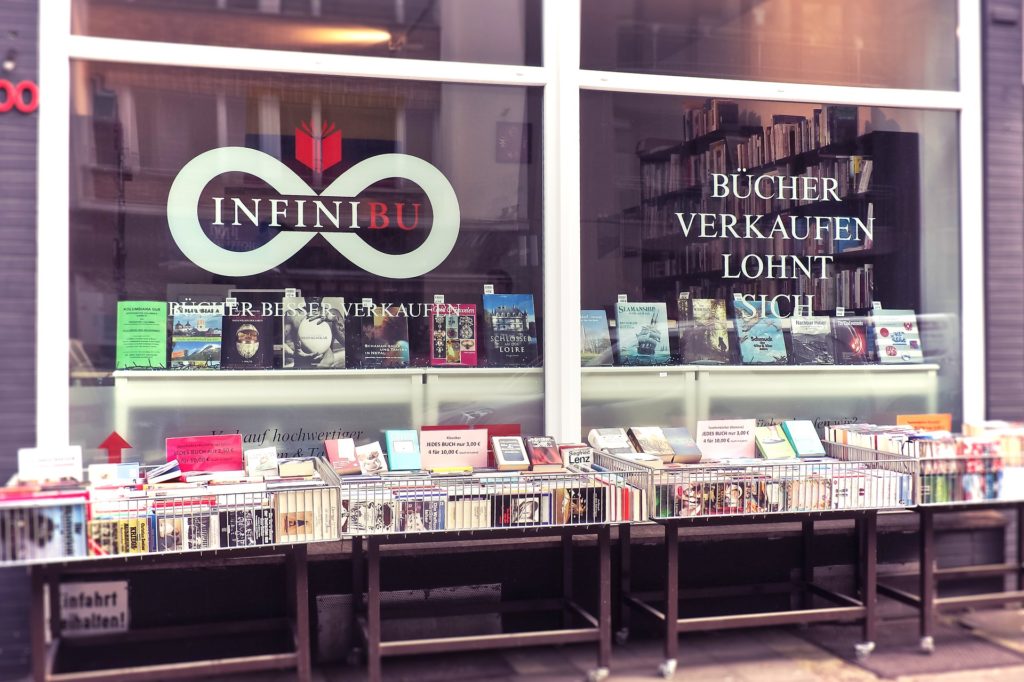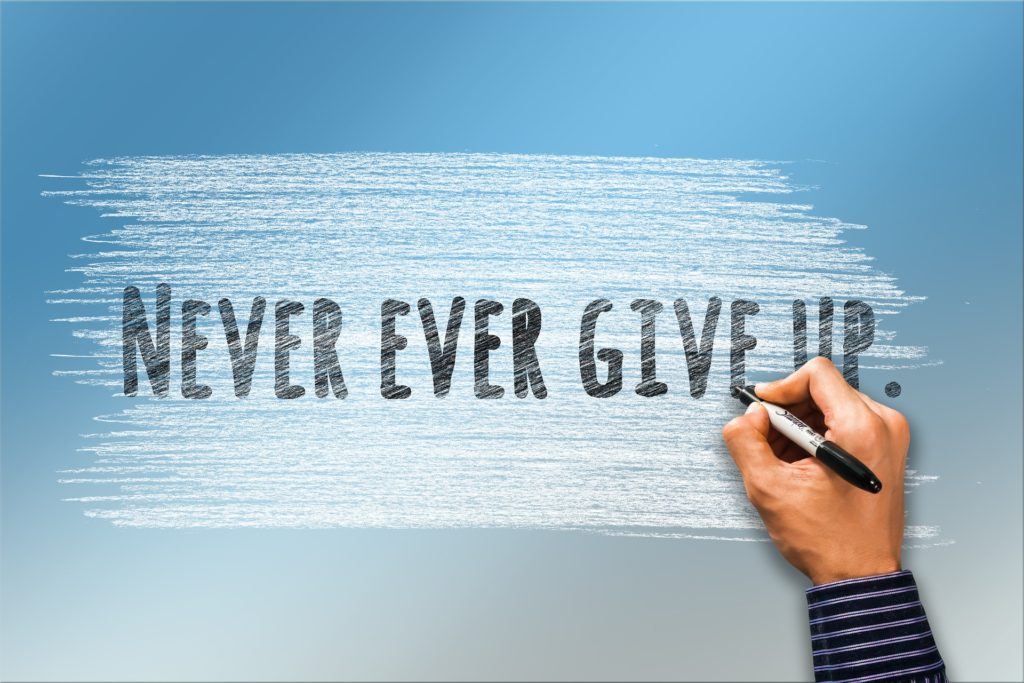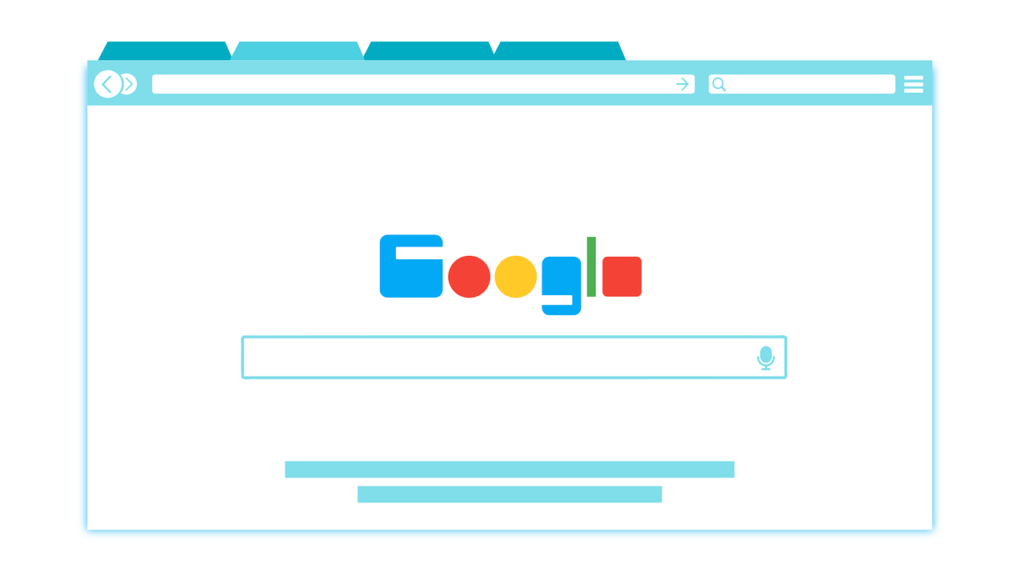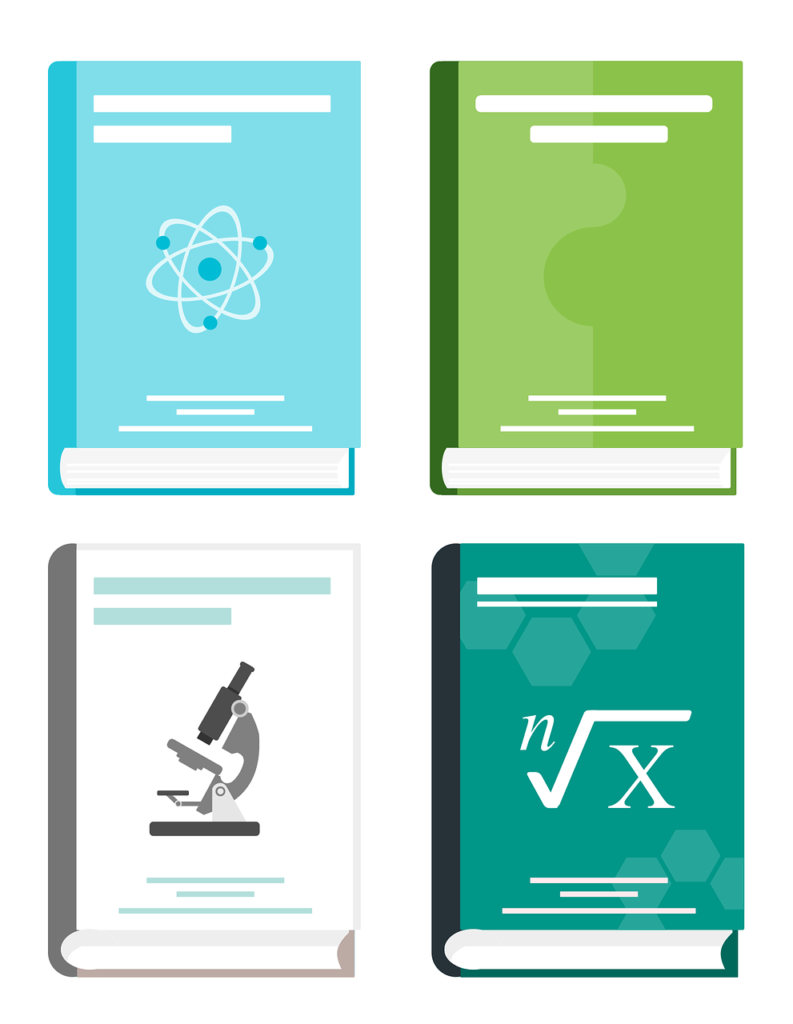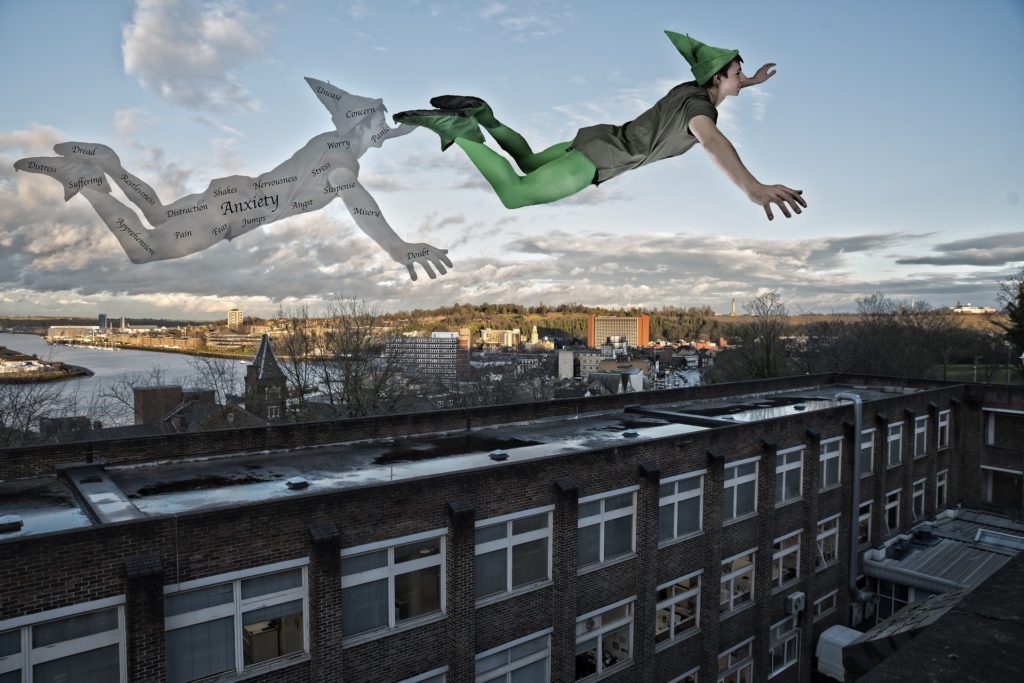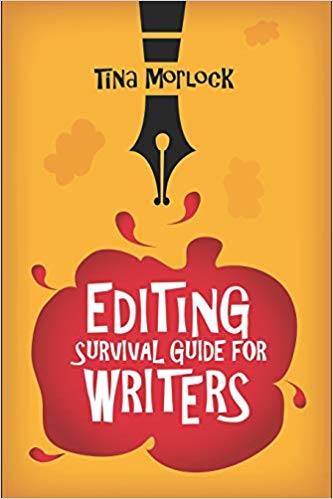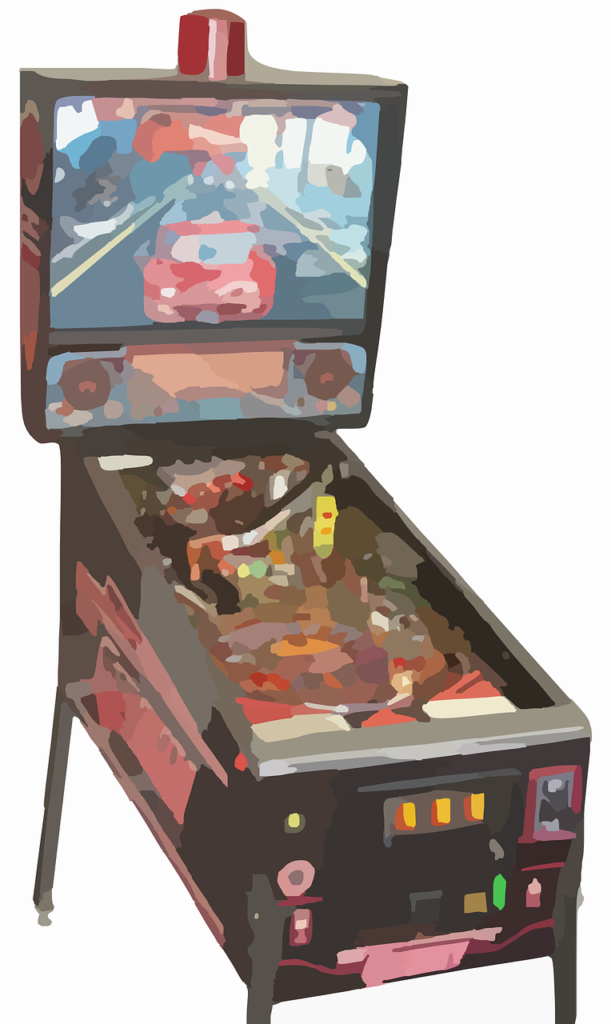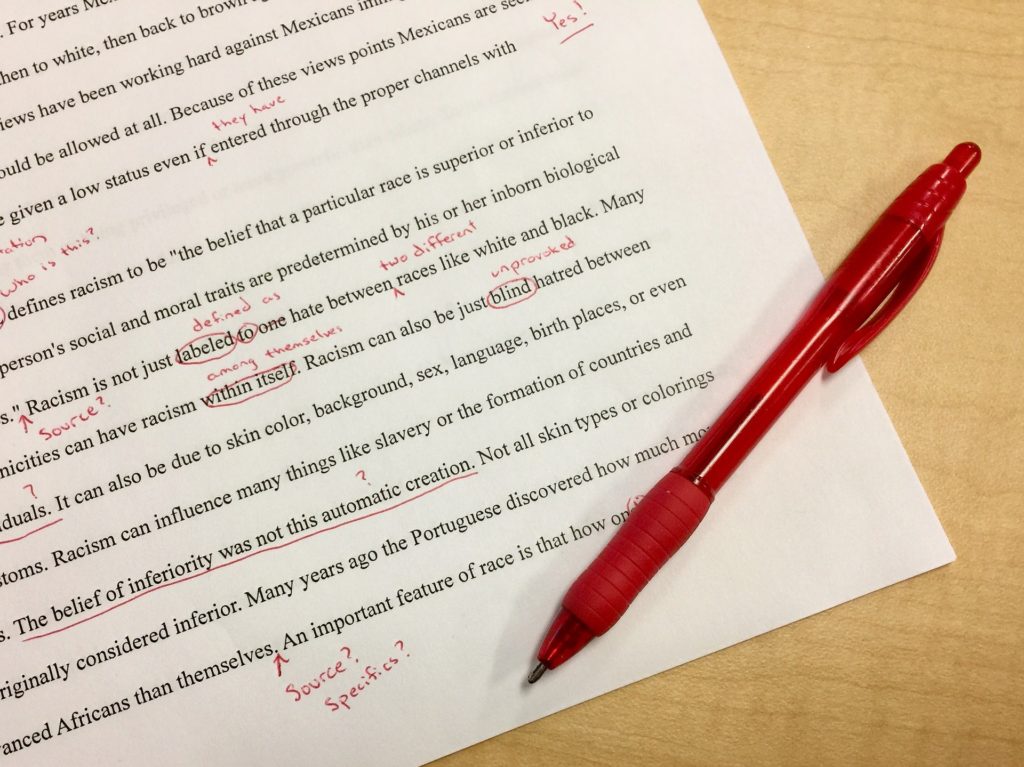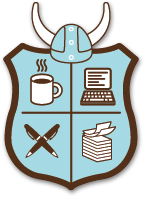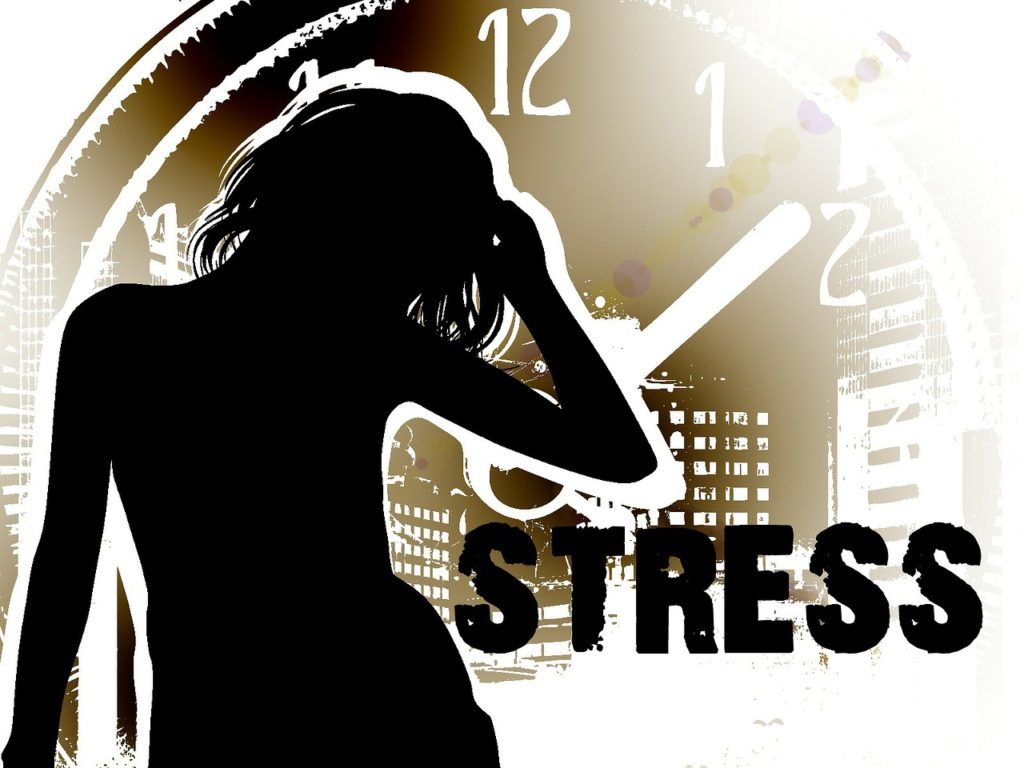Welcome to another interview! Lynne Lumsden Green is an author who also runs a blog called Cogpunk Steamscribe. She happens to be a steampunk enthusiast and quite a fun lady!
Diana: Let’s start with the basics – tell us a little bit about you!
Lynne: Words to strike fear into every introvert’s heart. I have two bachelor degrees, one in Science (Zoology) and one in Arts – for Creative Writing, surprise, surprise. Wear a t-shirt with a cat and/or Doctor Who reference and we can be instant friends. I am enjoying the aging process more than I expected to. My hair changes colour on a daily basis. My collection of books has well and truly outgrown my bookcases.
Diana: A woman after my own heart! Was there a defining moment in your life when you realized you wanted to pursue writing as a potential career, or was it gradual?
Lynne: As soon as I was able to write, I started writing. I was seven. However, I was told that writing couldn’t be a career, and studied science at university. Still, I was writing ALL THE TIME. My second husband was the one who told me to stop ‘waiting’ for the right time to concentrate on writing, and supported me through my second degree (yes, I know I am very lucky).
Diana: So many writers struggle with getting the support they need from loved ones. It’s wonderful that your husband was so supportive! What was the first work you published? What were the easiest and hardest parts about it?
Lynne: My very first published piece was a short story for Semper, the University of Queensland student magazine. It was about the world running out of ‘souls’, and so no more babies were being born. It was inspired by my studies in Zoology and the extinction crisis looming in the future – and which we are now in the middle of. The hardest part was getting the courage up to submit it.
Diana: Making that first major submission is a huge step in every writer’s life. It took me too many years to build up the courage to pursue this life.
Do you have a favorite author? If it’s too hard to choose, who were some of the biggest influences to your writing?
Lynne: My favourite author is Terry Pratchett, hands down. However, I am not anywhere near as clever or witty. I love Angela Slatter, Neil Gaiman, Diana Wynne Jones, and Anne McCaffrey, and have all they inspired me to find my own voice. But Isaac Asimov was the person who caught my attention when I was eight, and made me the huge fan of Science Fiction and Fantasy that I am today.
Diana: The Foundation series helped me to discover my love of Sci-Fi. My father told me for years that I should read it – I wish I had sooner!
Do you like to write in the same genres that you read?
Lynne: I read everything! We are living in a time when genre classifications are all over the place, changing, growing, conflating, so limiting your reading would limit your ability to find the stuff you love. I love reading graphic novels, textbooks, novels, anthologies … in every genre, including big ‘L’ literature. I write creative nonfiction, adult fairy tales, a little horror, and science fiction. So, I guess the short answer is ‘No!’, I don’t write in all the genres I read.
Diana: I feel that in order to write in a genre, you should certainly have read in that genre. But there are plenty of genres I’ve read that I have yet to touch upon in my writing. I may love to read one thing, but not be all that good at writing it. Plus, like you, my interests are way too varied to stick with any one genre alone.
What is the best and the worst advice you’ve received about the writing process?
Lynnne: The best advice I ever got was to never give up. Just keep writing, even if only for yourself. I go screwy if I don’t write. However, it has taken me a while to get the confidence up to send more than one piece off at a time. Now I submit work weekly, to a dozen different markets.
The worst advice? That you have to write in a certain way, or you will fail. Every writer has a different method. If you try to fit every writer into a standard box, you will make the writers unhappy and produce a hecken pile of shoddy writing.
Diana: Agreed! New writers looking for advice would do well to take everything they hear with a grain of salt. Trial and error is the best way to find what works for each individual.
Do you have any writing rituals or are you comfortable writing anytime and anywhere?
Lynne: I tend to write at my desk in my office. I try to write every day. But I also take a notebook and pen with me everywhere, because you just never know when a good idea will hit.
Diana: But you can practically guarantee that if you DON’T have something to write your ideas on or in, inspiration will certainly strike.
Now then, if you could choose any other profession outside of the writing world, what would it be?
Lynne – Astronaut! And while I am fantasizing, can I have a horse stud as well?
Diana: Of course! It’s a writer’s prerogative! So, how do you find balance between your writing time and your job / personal life?
Lynne: I always put my family first, since they are so supportive of my writing career. When I am in a job, I still find the time to write a couple of hours a day. Currently, I am between jobs, so I’m doing volunteer work in the writing community.
Diana: It’s so important to have either a solid writing schedule, or if unable to for whatever reason, to at least have goals to work towards daily or weekly.
When it comes to research – are you a lover or a hater?
Lynne: Lover! I find researching details for my stories often leads me to discover information I never knew before, and will make my writing so much more interesting. I know most people research for verisimilitude, which is where I start, but I tend to get distracted and will have fifteen tabs open before I realize it. Sometimes you just can’t make this stuff up, it’s so good.
Diana: I have come up with so many ideas while researching for other stories! Sometimes I can even tweak the story I’m working on to squeeze in fun new things I discover. I’m not a stickler for adhering to outlines.
What about you? Are you a plotter or a pantser?
Lynne: Plotter, with Pantser tendencies once I am well into the story. I start with a timeline for most of my Steampunk stories, to get the characters and the science right. But I’m open to following the story when it leads me down a different path. As an example, in my current work-in-progress of my short stories, one of my protagonists evolved from ambiguous character into a solid team player.
Diana: I love when that happens! Now, the question most people hate….. have you read all of the books you own?
Lynne: Yes, except for my too-be-read pile, which isn’t too out of control. I might not have read the entire book in some cases, particularly with some of the more obscure textbooks. I have read every grammar book I own, and all the fiction books.
Diana: I am thoroughly impressed….and a bit envious. What do you do for fun?
Lynne: Does reading count as fun? Apart from that, I like to draw, bead jewelry, and make my own Steampunk cosplay clothes and gadgets. I also enjoy gardening.
Diana: I used to bead jewelry as well and have always loved to draw. Reading shall ALWAYS count as fun and anyone who disagrees is just plain wrong! Speaking of reading, what were your favorite books as a child?
Lynne: As a toddler, it was the Disney version of ‘Peter Pan’. I loved all the Narnia books, ‘The Five Children and It’, ‘The Wind in the Willows’ and all the Silver Brumby books. But the stand-out would have to be ‘I Robot’ by Isaac Asimov; I read that when I was eight and became enraptured with Science Fiction.
Diana: I still haven’t read the original Peter Pan, which is obviously quite different from the Disney version, but it’s on my list!
What main project or projects are you currently working on?
Lynne: I have two goals for 2019. One is my yearly goal of achieving 100 rejections, which is getting harder as more of my stuff is accepted. My second goal is to finish a draft of my current novel, a Steampunk adventure set in the Regency era.
Diana: That’s exciting – on both sides! I saw your article providing tips on submitting fiction works on the Well-Storied blog and it was certainly inspiring. Aiming for rejections is a wonderful and unique way to look at the process!
Do you have any projects already planned for the near future?
Lynne: Always! I am in the process of drafting several short stories for future anthologies. And after the Steampunk novel, I will be working on a novel set in Brisbane, with evil entities inhabiting trains.
Diana: I can’t wait! Before we wrap up, what is something readers may not know about you?
Lynne: I am a diehard Doctor Who fan, and I like both Star Wars and Star Trek. I (not so) secretly would love a gig writing Doctor Who novels. I want to meet Peter Capaldi, but I can’t promise I’d give him back.
I am a member of the Springfield Writers Group, and we just released our second anthology, Elemental. It went to number one on Amazon!
I hope to have a pet alpaca at some point.
Diana: After reading Strange Topaz Sheep from Elemental, I wouldn’t mind having one for myself! How can people learn more about you and your work?
Lynne: My blog is : https://cogpunksteamscribe.wordpress.com/
I run Steampunk Sunday, Brisbane Australia on Facebook.
I can also be contacted via https://springfieldwritersau.weebly.com
A huge thanks to Lynne for her time with this interview! Be sure to subscribe so you can get notifications when future articles, interviews and even reviews (coming soon) get posted!
